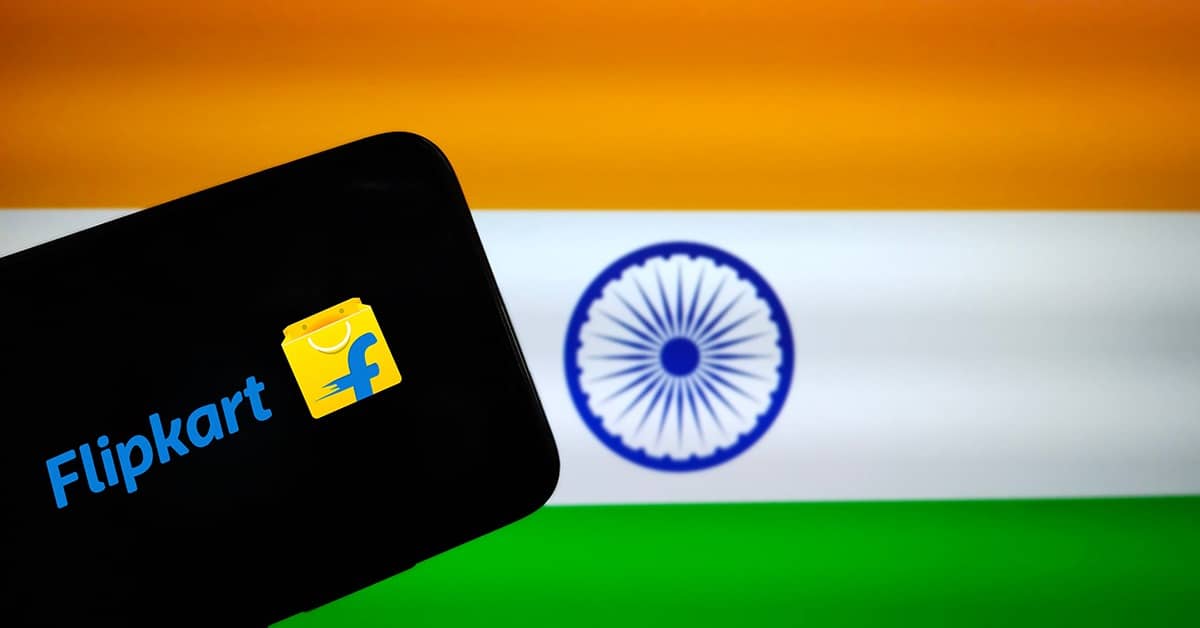With a registered customer base of more than 450 million users, WalMart-owned Flipkart has entered the loan business.

Flipkart, the Indian e-commerce company headquartered in Bangalore and owned by Walmart, has entered a strategic partnership with Axis Bank to provide loans.
The loans offer flexible repayment cycles ranging from six to 36 months on credit of up to 500,000 Indian rupees ($6,100). The loans require no document submission and can be approved in 30 seconds.
Strategic collaborations with banking institutions have enabled Flipkart to offer affordable payment options including buy-now-pay-later (BNPL), equated monthly installments and co-branded credit cards.
“Our focus is to enable credit and enhance purchasing power by granting access to liquidity precisely when needed,” explains Dheeraj Aneja, senior vice president of Fintech and Payments Group at Flipkart. “These financial solutions cater to the evolving demands of consumers, offering greater flexibility and convenience throughout their purchasing journeys. Our commitment lies in reshaping the online shopping landscape, ensuring accessibility and inclusivity for all.”
With a registered customer base of more than 450 million users, Flipkart can access vast transaction data to develop robust underwriting models. India’s digital lending market is likely to reach $515 billion by 2030, according to a recent report by investment fund IIFL FinTech—but it’s competitive. Buoyed by regulatory initiatives and demographics, rivals include Navi, Paytm, Lendingkart, InCred, Mobikwik and Aye Finance.
Although former subsidiary PhonePe, also owned by Walmart, from acquiring ZestMoney for its lending license, Flipkart will be competing directly with PhonePe, following the latter’s April launch of its e-commerce app.
Flipkart hopes its expansion into lending will boost sales and customer loyalty. The increased competition should be good for customers and continue the rapid digitization of the country.
The Indian government has invested in and encouraged partnerships between traditional financial institutions and fintechs to help aid economic development and financial inclusion in the country. For example, India Stack—a digital public infrastructure established through a public/private partnership and the introduction of Account Aggregator, makes it easier for small businesses and individuals with limited financial backgrounds to access credit.



